There is much to chew on in this article I came across just recently from a Washington Post column from 2016 . I agree with much of it and disagree with some of the author's conclusions.
I agree fully with Strauss that technology can "perpetuate, traditional teacher-centered instruction that consists mostly of memorizing facts and practicing skills.” A textbook on an iPad, looking up facts online, or playing Kahoot to reinforce recall are, "examples of how technology may make the process a bit more efficient or less dreary but does nothing to challenge the outdated pedagogy. To the contrary: These are shiny things that distract us from rethinking our approach to learning and reassure us that we’re already being innovative."
Yet, I disagree with her when she writes, "Perhaps it hasn’t escaped your notice that ed tech is passionately embraced by very traditional schools: Their institutional pulse quickens over whatever is cutting-edge: instruction that’s blended, flipped, digitally personalized. This apparent paradox should give us pause. Despite corporate-style declarations about the benefits of “innovation” and “disruption,” new forms of technology in the classroom mesh quite comfortably with an old-school model of teaching that consists of pouring a bunch o’ facts into empty receptacles."
I agree with half of this. I really don't see many traditional schools passionately embracing flipped and blended learning. Strauss has a wider scope than I do; but my reading and knowledge of schools suggests the opposite to me.
She is right that many technology tools mesh quite comfortably with old-school methods of teaching. As I’ve written before, it really depends on how we use technology. Seymour Papert (before he passed), Will Richardson and other early advocates of tech ed in schools now openly worry about what tech ed is becoming- a corporate reinforcer of the status quo. Indeed by the year 2000, Papert was already growing worried by the dismantling of his revolution and the idea averse ed tech establishment. Corporations sell schools what schools want to buy- tech that reinforces the dominant paradigm.
My final thought is more of an aside, Strauss bemoans open gradebooks. Grades get in the way of learning. I truly believe that. They discourage risk-taking and encourage conformity. Yet, I disagree with her thought that open gradebooks only serve to increase the deleterious and pernicious effects of current grading practices. The damage is already done. Besides, we can't simultaneously tell kids grades don't matter and to ignore them while grading them. It is unfair to students to keep them guessing.
It's a great column. Give it a read.
The more I teach, the more I realize how much I don't know. This blog explores pedagogy and ed-tech.
Subscribe to:
Post Comments (Atom)
Featured Post
Prezi Video
Remember Prezi? Once upon a time it was all rage for students. I see very few students use this tool any longer. Prezi is back, though, wit...
-
Hmm.... It has quickly become conventional wisdom that social media and technology use in teens has led to an increase in anxiety and de...
-
One of my students made this poster for a proganda and protestantism mini-unit. This young man's poster is a Counter-Reformation respon...
-
We've all seen short videos accompanying articles on the web that combine images, text. I've run a across a free tool called Lumen5...


No comments:
Post a Comment